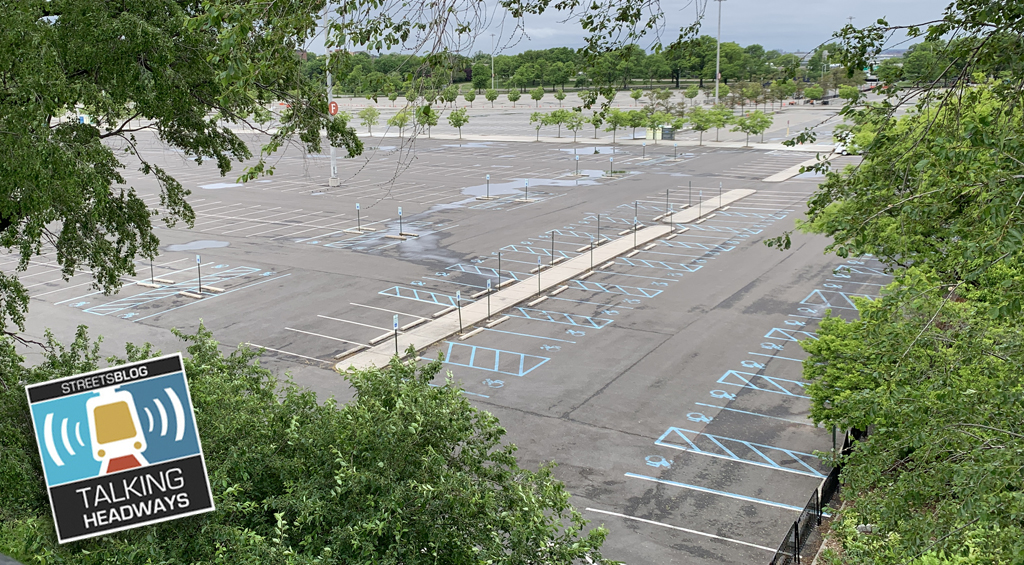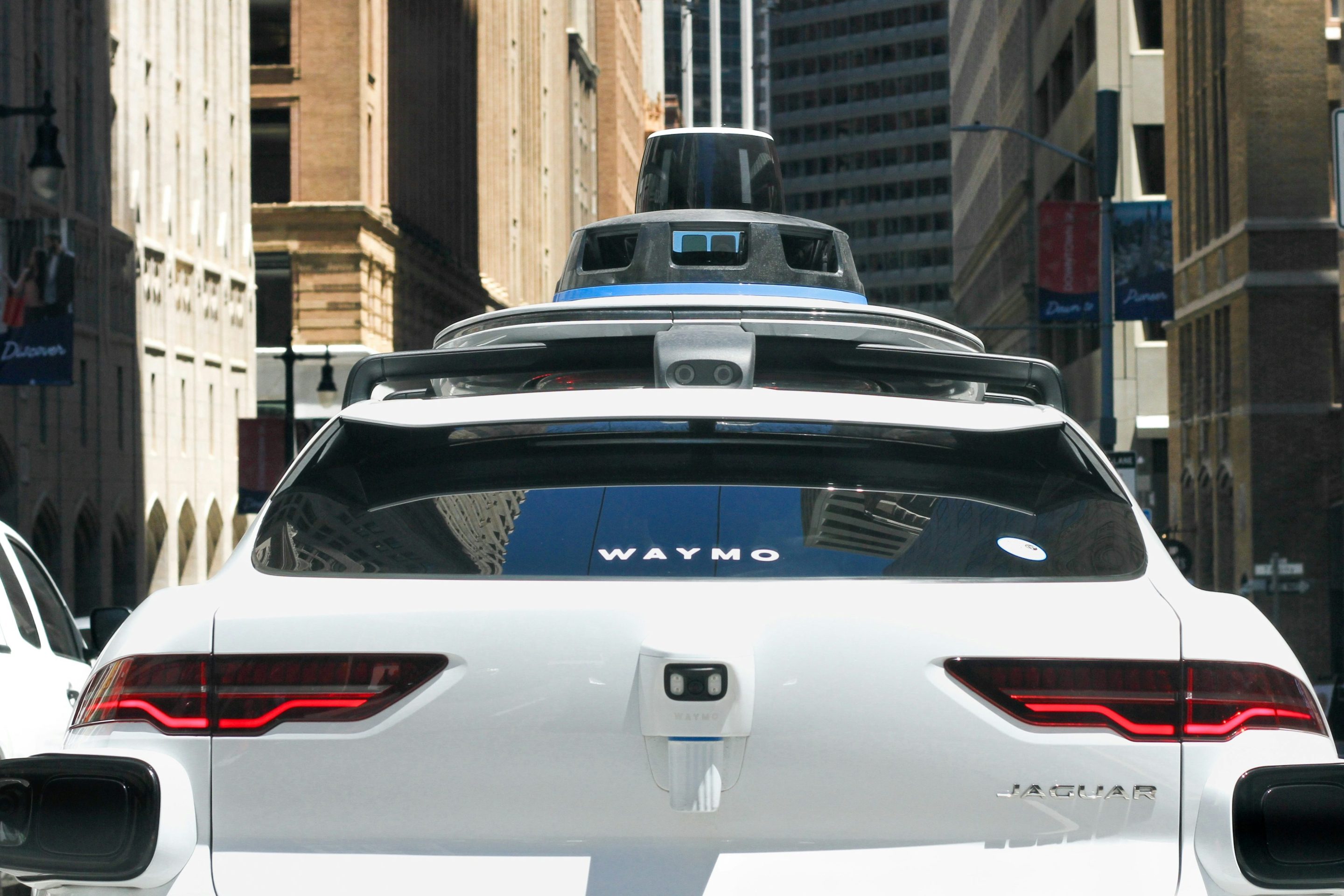Things are tough all over, and that goes for America's institutions of higher learning as well. Colleges and universities, once thought to be recession-proof, are being forced to raise tuition and cut back.
But like many aspects of this period of readjustment, there's a silver lining. According to a recent article in Inside Higher Ed, American universities are targeting their often staggering parking budgets -- and not without some pushback from students.
Matthew Cameron at Think Progress says the trend will offer rewards on an environmental and on an academic basis:
The primary focus here is sustainability, and that is obviously an issue that should be of great concern for college students and other young people who are going to grow up to experience the miserable effects of global warming. But it also seems that college students and the administrators involved in crafting transportation policy finally are realizing the huge opportunity costs of car-friendly campuses.
Simply put, land is a valuable commodity and universities possess a limited amount of it. If large tracts of university-owned land must be devoted to parking lots and roads to facilitate students’ automobile use, then that means less space is available for dorms and classroom buildings. This, in turn, means that as universities enroll more students in the coming years they will need to spend substantial amounts of money acquiring additional land upon which they can locate buildings. If car-owning students get their wish and are able to use parking lots and roads for free, then the costs of land acquisition most likely will be passed on through tuition and fee increases that all students will have to pay regardless of whether they own a car.
Universities are valuable institutions, so people are willing to pay a high price to attend them. The social benefits they provide also justify various forms of state subsidization, from direct institutional aid to tax deductions for private donations. To get the best return on this investment, however, it is crucial that universities’ resources be channeled toward supporting their core mission – educating students.
Elsewhere on the Network today: WABA Quick Release reports on the Maryland State Highway Administration's opposition to traffic signs that say "Cyclists May Use Full Lane." EcoVelo considers how European policies that dissuade car use might be applied in the U.S., following yesterday's New York Times article on the subject. And Mobilizing the Region celebrates Connecticut's move to shield transportation dollars from being raided for general government expenses.






